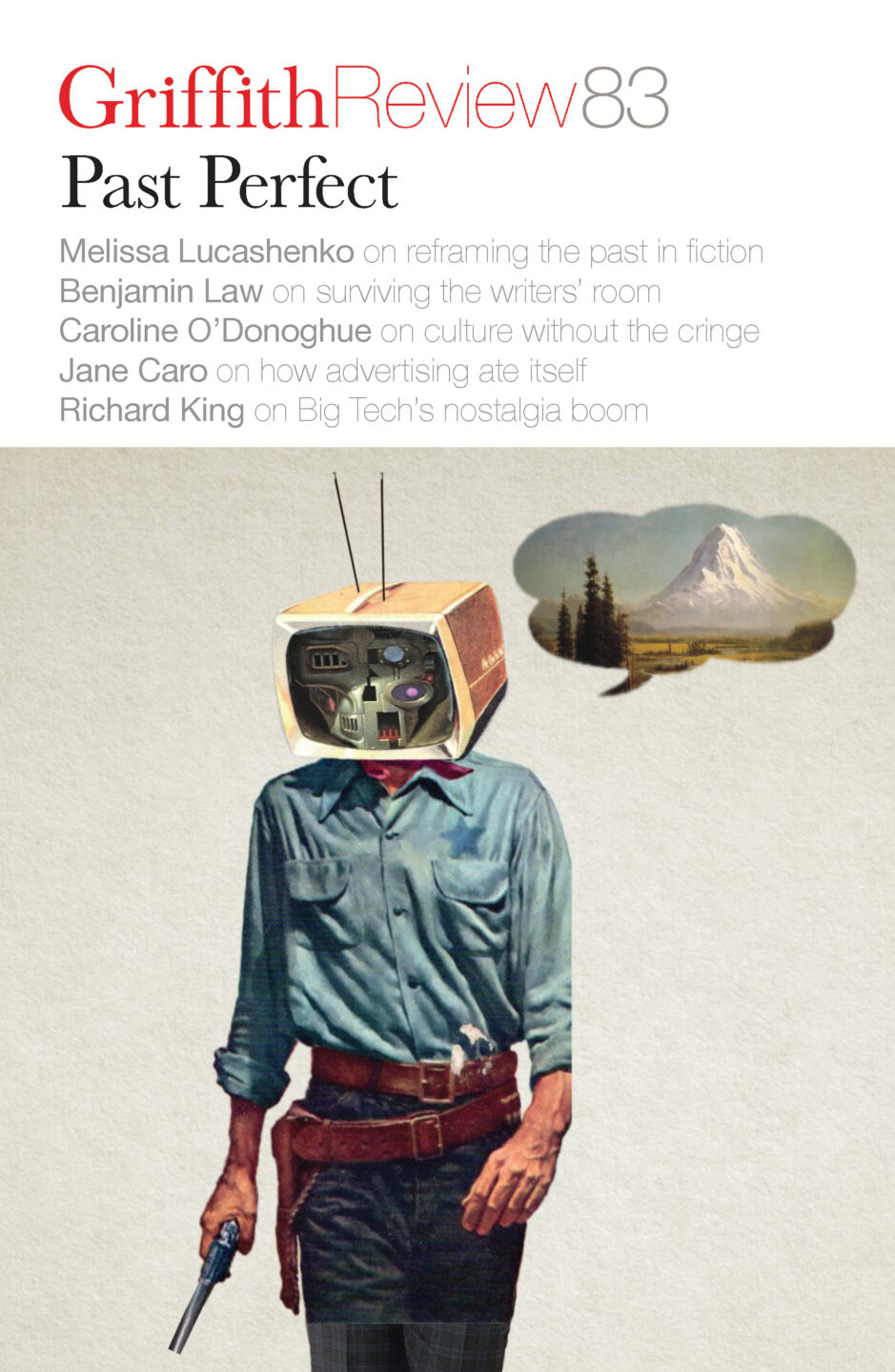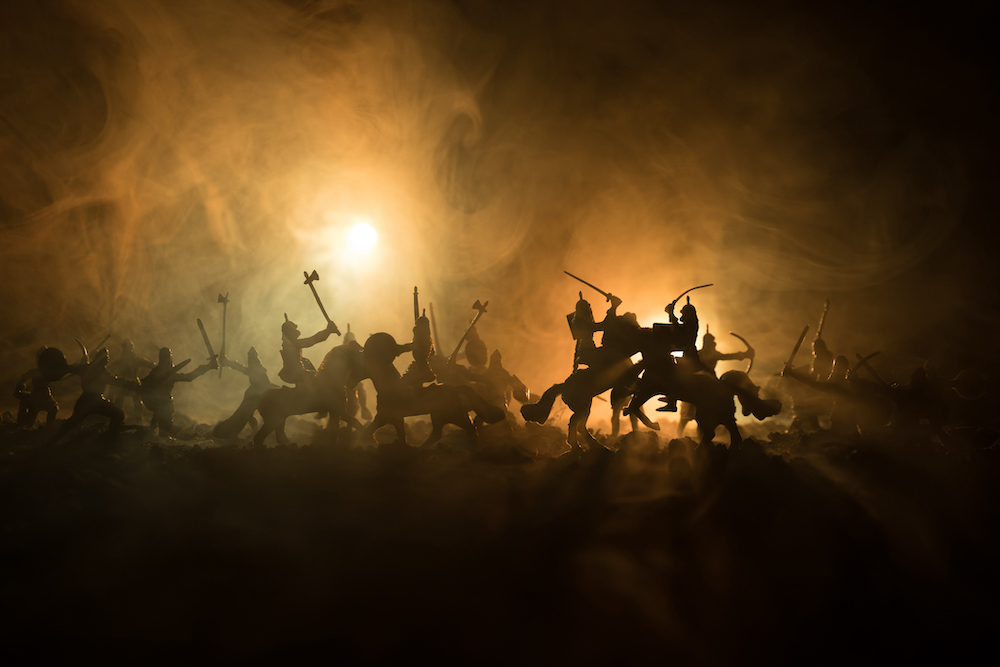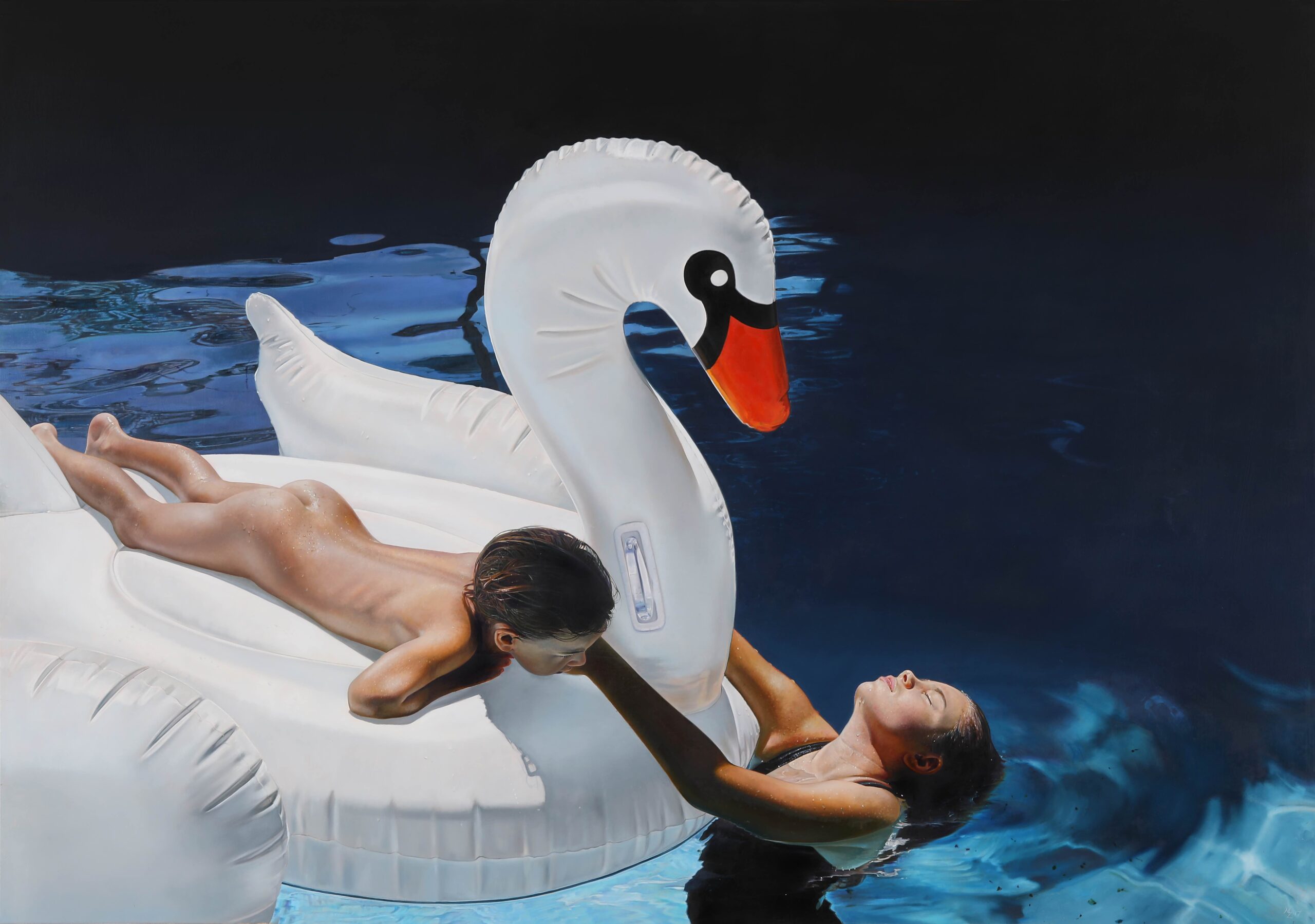Featured in

- Published 20240206
- ISBN: 978-1-922212-92-4
- Extent: 204pp
- Paperback, ePub, PDF, Kindle compatible


Already a subscriber? Sign in here
If you are an educator or student wishing to access content for study purposes please contact us at griffithreview@griffith.edu.au
Share article
More from author

Post-nuclear
MemoirIn this special, festive edition of our summer-reading program, Griffith Review returns to 'Post-nuclear', Benjamin Law's brief and moving treatise on Christmas – what...
More from this edition

From anchor to weapon
Non-fictionIn 1930s Germany, the slogan ‘blood and soil’ was most prominently promulgated by the Reich Ministry of Food and Agriculture, which positioned itself not merely as an administrator but a kind of advocate-guardian of the soil and its workers. In 1930, Adolf Hitler recruited Richard Walther Darré, then a leading blood and soil theorist, to the Nazi Party. On seizing power in 1933, Hitler appointed Darré Reichsminister of Agriculture, a role he occupied until 1942. Recently, for reasons that are unclear but politically alarming, Darré’s works on blood and soil have been translated and republished in English to some fanfare.

Threshold
PoetryWhat is the voice of one who has died if no one listened to what remained unspoken? It no longer matters.

Lines of beauty
In ConversationI studied printmaking because in the mid-’90s there wasn’t so much exciting painting happening in QCA studios, but also because I really wanted to learn new processes for my undergrad and, like most artists, I’d always painted. Painting had fallen out of fashion, and everyone was making installation, then photography and film – the new digital world reigned supreme for a decade. Now it’s all about painting.